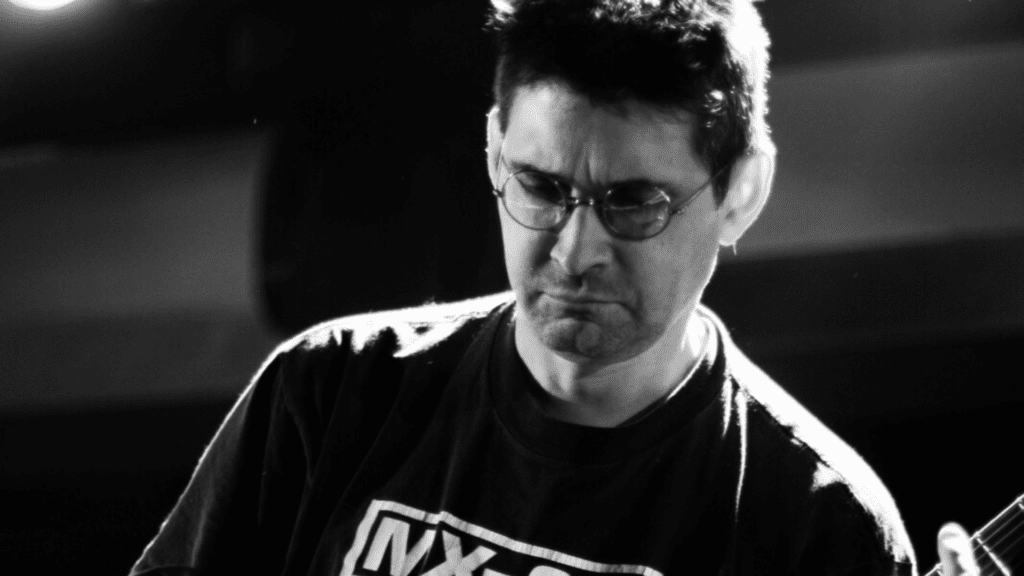

Steve Albini’s Life and Legacy
Table of Contents
Steve Albini: Pioneering Audio Engineer and Musician Passes Away at 61

Steve Albini, the renowned musician and audio engineer behind many of independent music’s most distinctive albums, has died at the age of 61.
Known for his meticulous work as a recording engineer but also as a producer, Albini’s influence is stamped across a wide array of seminal records that shaped a generation.
The most notable of these are The Pixies’ “Surfer Rosa” (1988), PJ Harvey’s “Rid of Me” (1993), and Nirvana’s final studio album, “In Utero” (1993).
His engineering philosophy emphasized a swift, minimal production approach that eschewed mainstream commercialism, aiming instead to capture a band’s live sound with little to no label interference.
This ethos is vividly illustrated in his work on “In Utero,” where he famously declined a percentage of the album’s earnings, aligning with his stance against the commercial practices of major record labels.
Background and Early Life
Born in Pasadena, California, to Italian-American parents, Albini moved with his family to Missoula, Montana, in 1974. He became interested in music while recovering from a motorcycle accident in high school and was deeply influenced by punk bands like the Ramones and the Sex Pistols. His early musical efforts were complemented by his provocative writings for his high school newspaper and later, music magazines in Chicago. This blend of music and outspoken media presence marked the beginning of a career characterized by both innovation and controversy.
Musical Impact of Steve Albini
Albini’s early musical career was marked by his founding of the band Big Black in 1981 while attending Northwestern University. The band was known for its confrontational sound and contentious material, dealing with heavy themes such as racism and child abuse.
Following Big Black, Albini formed the short-lived but controversial band Rapeman in 1987, which was named after a Japanese manga character. His last and longest-running band, Shellac, formed in 1992, continued to explore a minimalist and angular noise rock sound that solidified his status as a key figure in alternative rock.
Recording Philosophy and Legacy
Albini’s disdain for the conventional role of music producers influenced his approach to recording; he viewed himself as an engineer who facilitated artists’ visions without imposing his own creative will.
His studio, Electrical Audio, established in 1997 in Chicago, became a hub for more than 3,000 recordings, ranging from well-known acts like Robert Plant and Jimmy Page to independent artists. Albini’s commitment to artistic integrity over commercial success influenced countless musicians and engineers who sought to capture a more authentic and raw sound.
Personal Life and Interests
Beyond music, Albini had diverse interests. He was a successful poker player, an avid baseball fan, and a participant in the culinary scene, having appeared on Anthony Bourdain’s “Parts Unknown”. He is survived by his wife, Heather Whinna, a filmmaker, and his mother.
Final thoughts on the Steve Albini's influence
Steve Albini’s death marks the end of an era for many in the music industry.
His work as a musician and audio engineer challenged the norms of music production and recording, leaving a legacy that will continue to influence the industry for years to come.
His ethical stance against the exploitation of artists by the music industry, coupled with his pioneering sound techniques, ensure that his impact will not be forgotten. Albini’s upcoming posthumous release, “To All Trains“, is expected to add to his substantial musical legacy.
Related Posts


